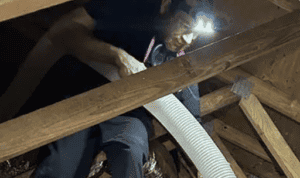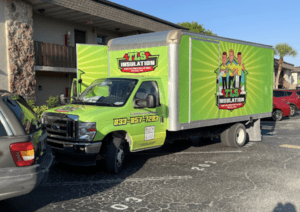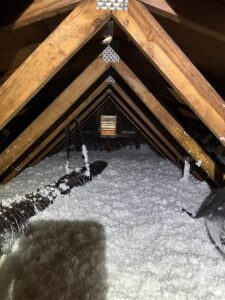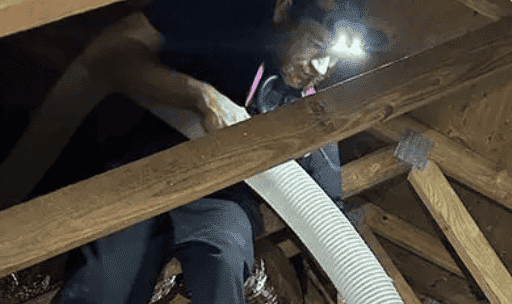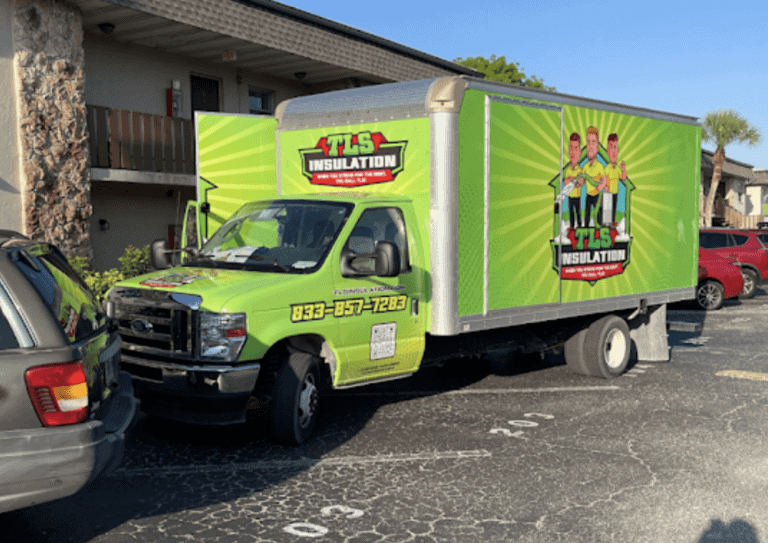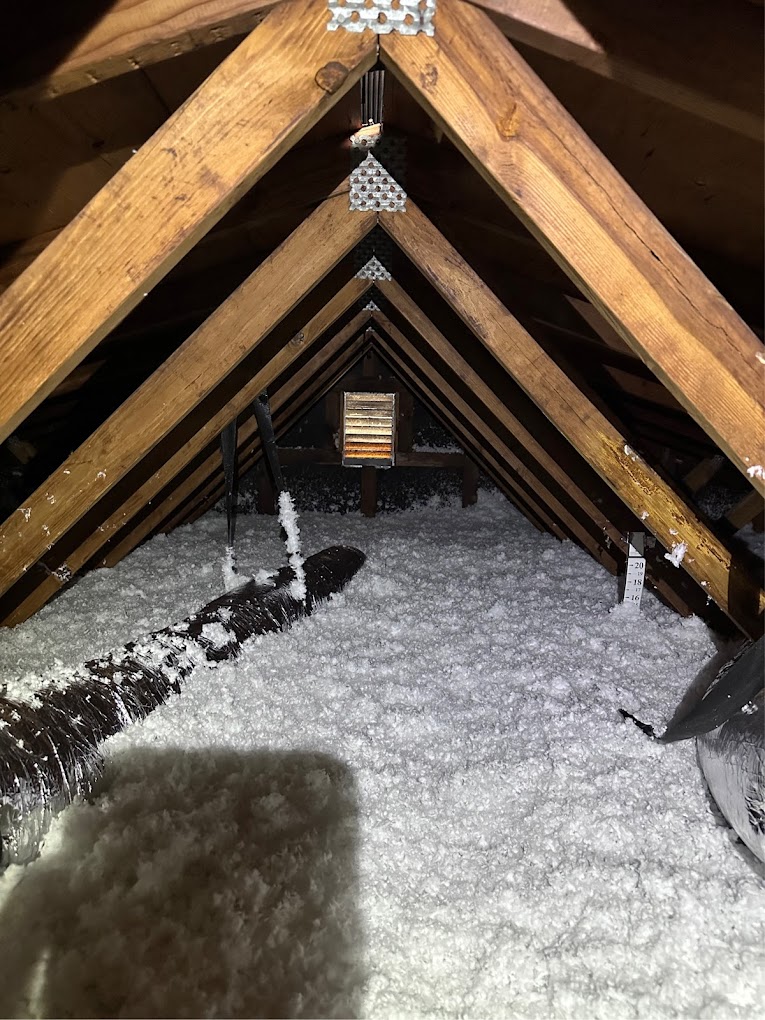Do you know the ins and outs of commercial insulation? It’s an important part of many businesses, but a lot of people don’t truly understand what it is and why their company needs it. Fortunately, we have gathered all the necessary information to help you better understand this valuable resource. We will explain the features and benefits of each one to help you pick out the best option for your business’s unique needs.
Overview of Commercial Insulation and its Benefits
Commercial insulation is a crucial aspect of any establishment, providing energy efficiency, temperature regulation, and noise reduction. Investing in high-quality insulation for your commercial building can significantly cut down energy bills, thus offering substantial savings in the long run.
Furthermore, good insulation enhances the comfort of indoor spaces, maintaining optimal temperatures regardless of the weather conditions outside. It also provides an effective barrier against external noise, creating a quieter, more conducive work environment.
From spray foam to fiberglass, mineral wool to rigid foam boards, each type of insulation carries its unique advantages adaptable to various business needs. Thus, understanding each type’s properties and the benefits they offer is key to selecting the right insulation for your commercial space.
Types of Insulation for Different Applications
Let’s dive deep into different types of insulation and what are their applications:
a. Fiberglass Insulation
Fiberglass insulation, commonly found as blankets or batts, is a widely used type of commercial insulation. It’s cost-effective, relatively easy to install, and effective in a broad range of temperatures. This type of insulation is made of extremely fine glass fibers and is often used in walls, attics, and between floors of commercial buildings. It’s an excellent choice for reducing energy consumption, minimizing noise interference, and providing fire resistance.
b. Foam Board Insulation
Foam board or foam core insulation is a lightweight, rigid material that provides high thermal resistance with less thickness compared to other insulation types. It’s often used in roofs, walls, and foundations of commercial buildings. Foam board insulation is known for its excellent moisture resistance, making it a popular choice for regions with damp climates. Moreover, it provides a continuous layer of insulation, reducing thermal bridging and enhancing energy efficiency.
c. Rigid Board Insulation
Rigid board insulation is composed of high-density materials, such as polyiso, XPS, or EPS foam. It’s commonly used for roofing, wall, and foundation applications in commercial buildings. This type of insulation offers high insulating value per inch, making it an effective option for space-limited applications. Besides its excellent thermal performance, rigid board insulation is resistant to moisture and has a long lifespan, making it a worthwhile investment for commercial properties.
Tips for Proper Maintenance and Care with Commercial Insulation
Maintaining the optimal performance of your commercial insulation involves regular inspections and care. Here are a few tips to help you ensure the longevity of your insulation:
a. Regular Inspection: Periodically check your insulation for any signs of damage, such as dampness, mold, or tears. Early detection can prevent more significant issues down the line.
b. Proper Installation: Ensure that insulation is correctly installed. Incorrect or sloppy installation can lead to reduced effectiveness and potential damage over time.
c. Avoid Moisture Build-Up: Many types of insulation can be damaged by excessive moisture. Keep the area around your insulation dry, using dehumidifiers if necessary.
d. Professional Maintenance: Consider hiring a professional to conduct annual maintenance checks. They can spot issues you might miss and can offer expert advice on how to handle any problems.
Remember, properly cared-for insulation can significantly improve your building’s energy efficiency, reduce noise, and contribute to a comfortable and productive work environment. It’s worth investing time and effort to keep it in the best possible condition.
DIY or Professional Installation – What is the Best Option for You and Your Business
Choosing between a Do-It-Yourself (DIY) and professional installation of commercial insulation is a decision that depends on several factors. If you have the skills, time, and resources, you might consider a DIY project. This approach can save on labor costs, and give you hands-on control over the process. However, insulation installation can be complex, requiring a good understanding of building codes, safety measures, and the right tools for the job.
On the other hand, professional installers have extensive training and experience installing insulation. They understand the nuances of different insulation types, ensuring your material of choice is installed with precision and efficiency. They are also up-to-date with building codes and regulations, ensuring your insulation meets the required standards. It might seem costly at first, but getting the installation right the first time can save significant costs and headaches in the long run.
In conclusion, while both options have their merits, opting for professional installation could be a more beneficial long-term investment for your business. It helps ensure the insulation is correctly installed and maximizes its efficiency, thereby providing potential energy savings and a more comfortable workspace.
To sum up
Commercial insulation plays a vital role in enhancing energy efficiency, ensuring temperature regulation, and reducing noise in a business setup.
Various types of insulation like fiberglass, foam board, and rigid board serve different purposes and are suitable for different applications, each with its unique benefits. Regular maintenance and inspection are necessary to ensure the insulation’s longevity and optimal performance.
While DIY may seem an attractive option, professional installation often guarantees precision, adherence to codes, and long-term savings. Ultimately, a well-insulated commercial space is an investment that offers substantial returns in the form of energy savings, a comfortable work environment, and improved productivity.
About Us
Are you looking to install or upgrade your home’s insulation in Tampa Bay, Sarasota, and surrounding areas? TLS Insulation Installers is where to call! A family-owned and operated business serving the residents of South-West Florida for the last 20 years, we are consistently recognized for providing the highest-quality insulation services in the region.
We set high standards for our work, ensure personalized attention to every project, and fulfill our customers’ needs down to the smallest detail. At TLS Insulation, we understand how important energy efficiency and sustainability are for modern homeowners, and strive to help them achieve them through world-class insulation.
Contact us today to get accurate cost estimates for your project and learn more about us.


